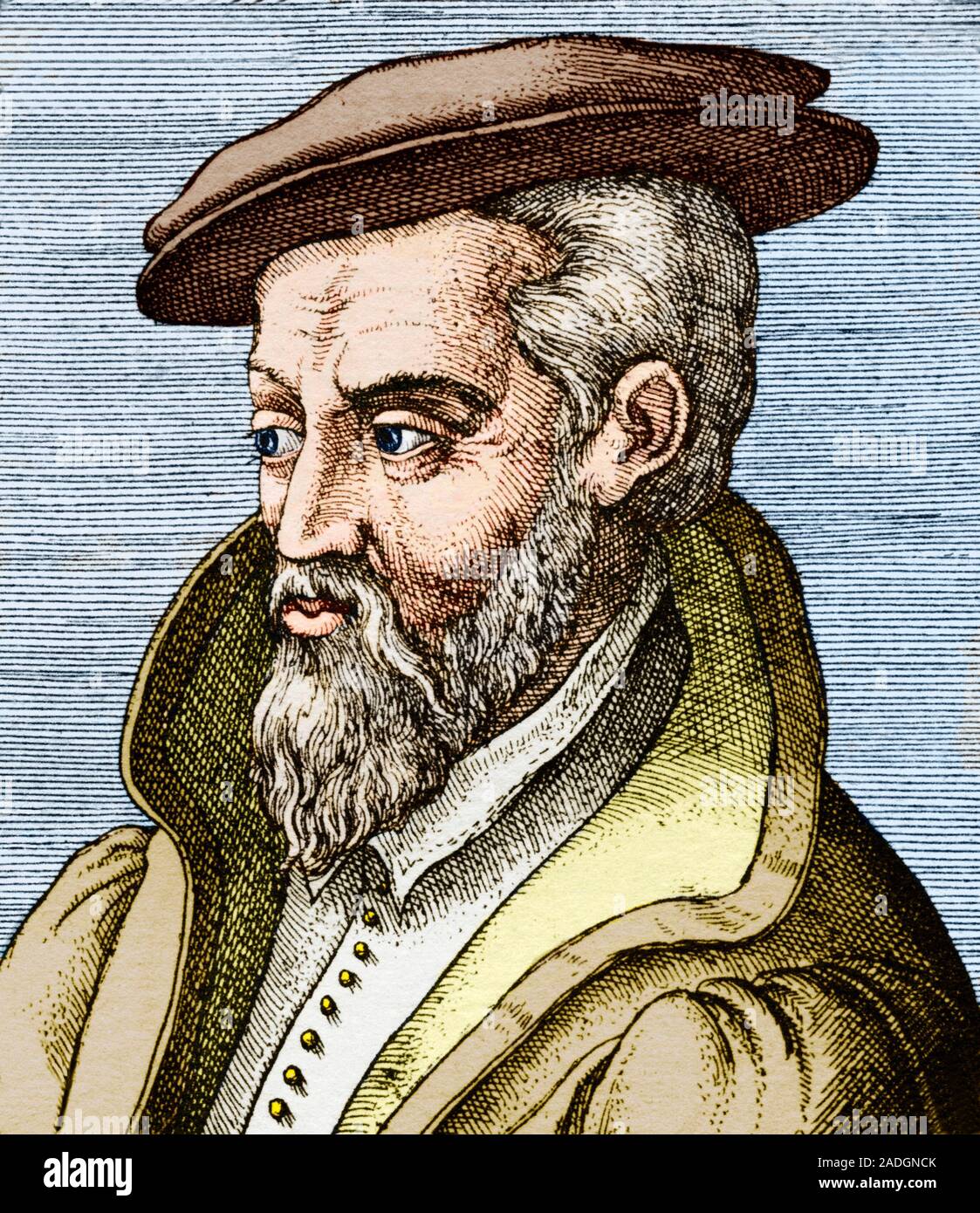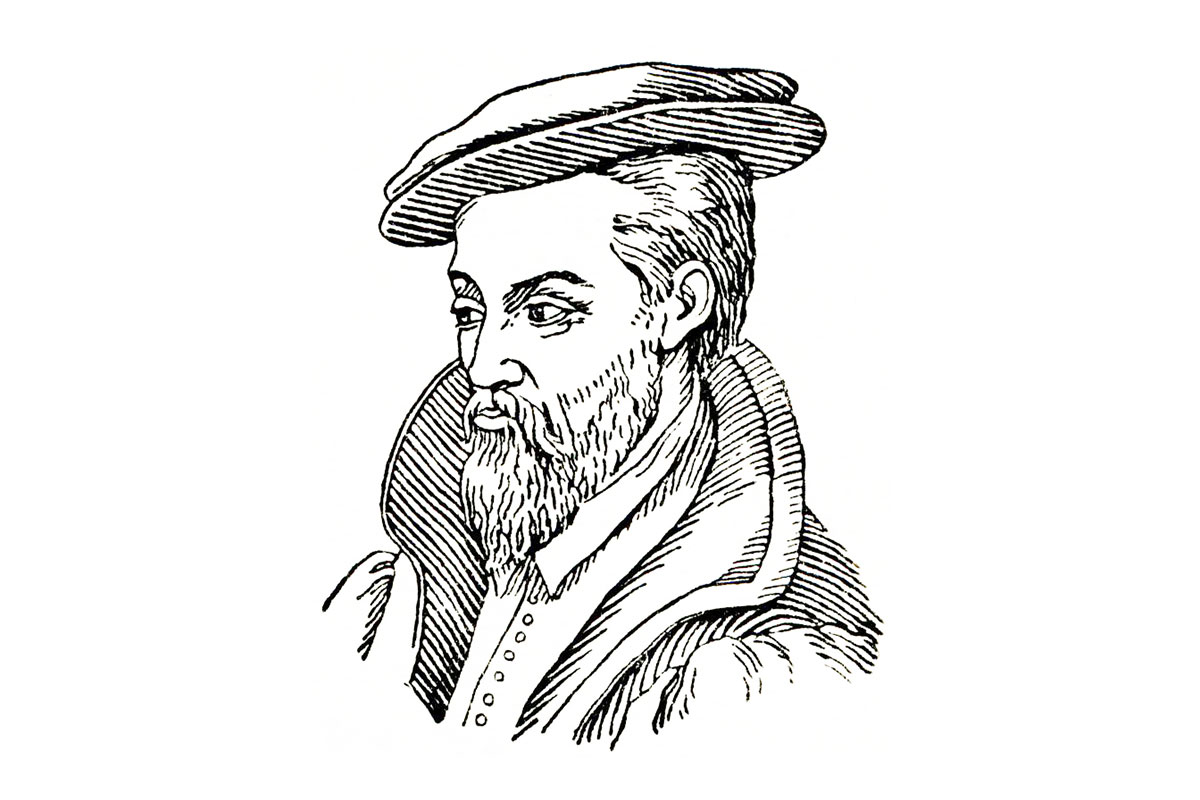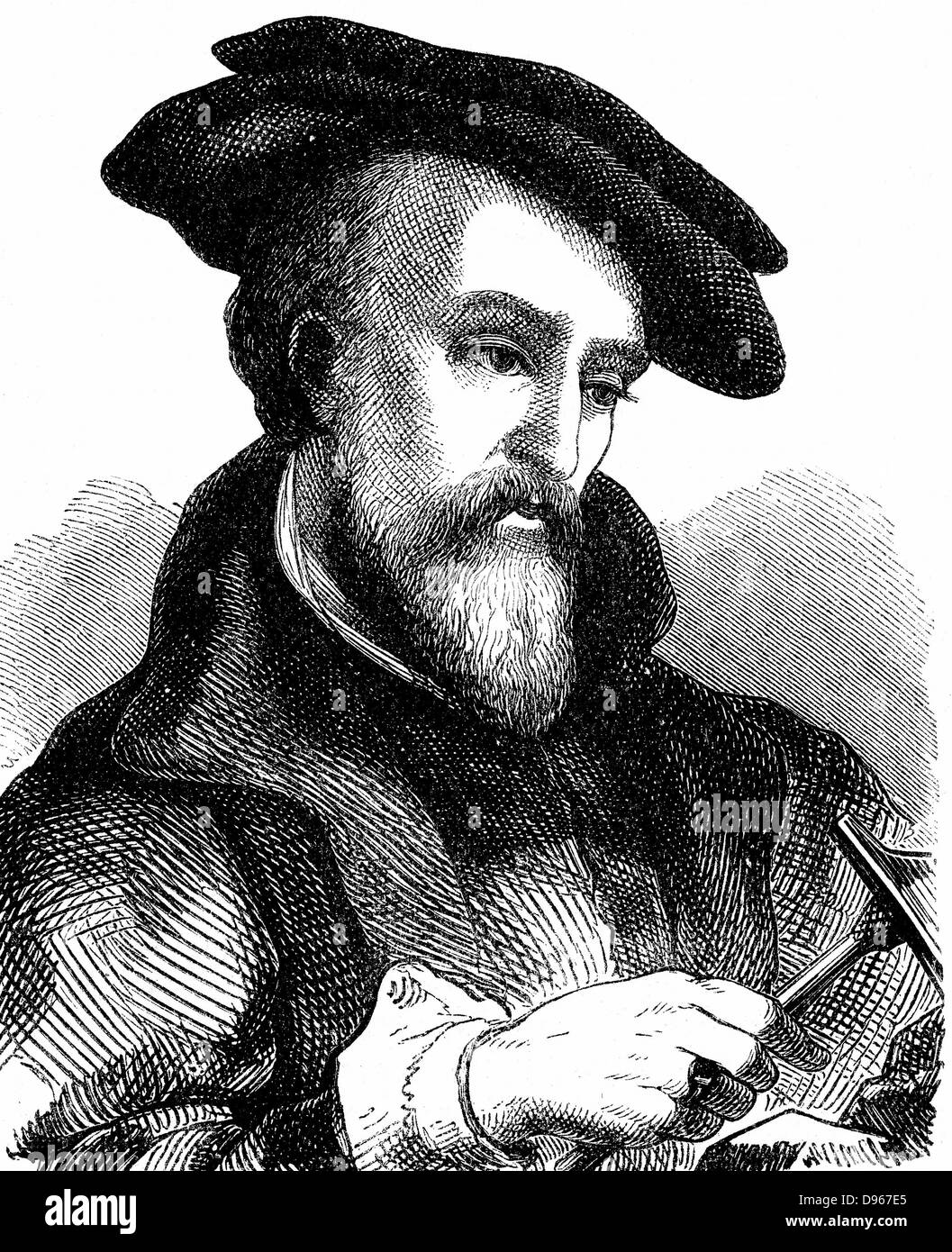
Have you ever paused to consider the individuals who have significantly shaped the field of **mineralogy**? One such pivotal figure is **Georgius Agricola**, whose groundbreaking work has had a lasting impact on our comprehension of minerals and the science of mining. Born on March 24, 1494, in the town of Glauchau in Saxony, Agricola embarked on a remarkable journey that intertwined science and scholarship. His extensive research and writings laid the foundation for modern mineralogy, providing insights that were revolutionary for his time. Through his meticulous observations and innovative approaches, Agricola not only advanced the study of minerals but also influenced mining practices, making his contributions invaluable to both the scientific community and the industry. His legacy continues to resonate today, reminding us of the importance of inquiry and exploration in understanding the natural world.
Early Life and Education

Humble Beginnings
Georgius Agricola, a prominent figure in the fields of mineralogy and mining sciences, emerged from humble origins, born to parents whose identities remain largely unknown. Despite this obscurity, his insatiable thirst for knowledge and understanding of the world around him drove him to pursue higher education at the esteemed **University of Leipzig** between the years 1514 and 1518. During his time at the university, Agricola immersed himself in a diverse array of subjects, including **classics**, **philosophy**, and **philology**. He was deeply influenced by the **humanist revival** that was sweeping across Europe at the time, which emphasized the importance of classical learning and critical thinking.
Latinization of His Name
In a reflection of the humanist ideals that shaped his education and intellectual pursuits, Agricola chose to Latinize his name, adopting the moniker “Georgius Agricola.” This name, which translates to “George the Farmer,” would eventually become a hallmark of his legacy. Through his groundbreaking work and contributions to the fields of mineralogy and mining sciences, Agricola’s Latinized name became synonymous with these disciplines, marking him as a pivotal figure in the advancement of scientific knowledge during the Renaissance period.
Academic Pursuits

Transitioning from Teaching to Medicine
After dedicating a significant period to teaching **Latin** and **Greek** in the city of Zwickau, Agricola made the pivotal decision to return to Leipzig with the intention of pursuing a degree in **medicine**. His passion for the medical field was evident, but the theological disputes that plagued the university environment at that time created an atmosphere of instability and uncertainty. In search of a more conducive setting for his studies, Agricola set his sights on **Italy** in the year 1523, hoping to find a place where he could focus on his medical education without the distractions of ongoing academic conflicts.
The Impact of Italian Scholars on Agricola’s Education
Upon arriving in Italy, Agricola immersed himself in the rich academic culture of the region, enrolling in some of the most prestigious institutions, such as **Bologna** and **Padua**. During his time there, he not only deepened his understanding of **natural science** but also explored the realms of **philosophy**, which greatly enriched his intellectual foundation. His experience at the **Aldine Press** in Venice proved to be particularly influential, as it provided him with the opportunity to collaborate with distinguished scholars of the time, including the renowned humanist **Erasmus**. This collaboration would later prove invaluable, as Erasmus became a key supporter of Agricola’s literary pursuits, helping to shape his future contributions to the field of medicine and beyond.
Life in Joachimsthal

Town Physician and Mining Enthusiast
In the year 1526, the renowned scholar Georgius Agricola made his way back to Saxony, where he took on the esteemed role of town physician in the bustling mining town of **Joachimsthal**. This vibrant community was not only known for its picturesque landscapes but also for its rich deposits of minerals and active **smelting plants**. Agricola’s deep-seated fascination with the local mining operations and the extraction processes ignited a passion within him to delve deeper into the exploration of the region’s abundant **natural resources**. His dual role as a physician and a mining enthusiast allowed him to observe the intricate relationship between health, labor, and the mining industry.
Research and Observations
Throughout his tenure in Joachimsthal, Agricola dedicated countless hours to the study of the local mines. He engaged in meaningful conversations with miners, learning from their experiences and expertise. These interactions provided him with invaluable insights into the mining techniques and the geological characteristics of the area. His meticulous observations and thorough research during this period laid the groundwork for his pioneering works in mineralogy, most notably **Bermannus**, which stands as his first significant treatise on the subject. This work not only showcased his extensive knowledge but also contributed to the broader understanding of mineral resources and their extraction, marking a significant milestone in the field of mining science.
Major Works and Contributions

De re metallica
Published posthumously in 1556, **De re metallica** is Agricola’s magnum opus. This comprehensive work covers everything from the **history** of metals to the **geology** of ore bodies. It’s a treasure trove of information about mining practices, metallurgy, and the **legal** frameworks governing mining operations.
Key Topics Covered
| Topic | Description |
|---|---|
| Mining Techniques | Detailed methods of mining and ore extraction. |
| Metallurgy | Processes for smelting and refining metals. |
| Waterpower | Application of waterpower in mining operations. |
| Occupational Health | Insights into miners’ health and diseases. |
De natura fossilium
Considered the first **mineralogy textbook**, **De natura fossilium** presents Agricola’s classification of minerals based on their physical properties. He was one of the first to distinguish between **simple substances** and **compounds**, paving the way for modern mineral classification.
A Legacy of Observation and Inquiry

Breaking from Tradition
What sets Agricola apart from his contemporaries is his commitment to **observation** over **speculation**. He was not afraid to challenge the **ancient authorities** like Aristotle and Pliny, advocating for a more empirical approach to science.
Influence on Future Generations
His innovative methods and clear presentation earned him respect among scholars. **Erasmus** predicted that Agricola would soon be at the forefront of scholarship, and later figures like **Goethe** and **Herbert Hoover** recognized his pioneering contributions to the **natural sciences**.
Political Involvement and Later Years

Burgomaster of Chemnitz
In 1546, Agricola was appointed **burgomaster** of Chemnitz, where he balanced his political duties with his scientific pursuits. His involvement in the **Protestant Reformation** and negotiations with **Charles V** showcased his commitment to both science and society.
Final Years and Death
Despite his political roles, Agricola remained focused on his research until his death on November 21, 1555. His works continue to influence the fields of **mineralogy** and **geology** today.

Georgius Agricola’s life is a testament to the power of **curiosity** and **dedication**. His groundbreaking works laid the foundation for modern **mineralogy** and **mining sciences**, and his commitment to observation over tradition has inspired countless scientists. So, the next time you pick up a mineral or ponder the intricacies of mining, remember the legacy of this remarkable scholar. His journey reminds us that true knowledge comes from exploration and inquiry.

